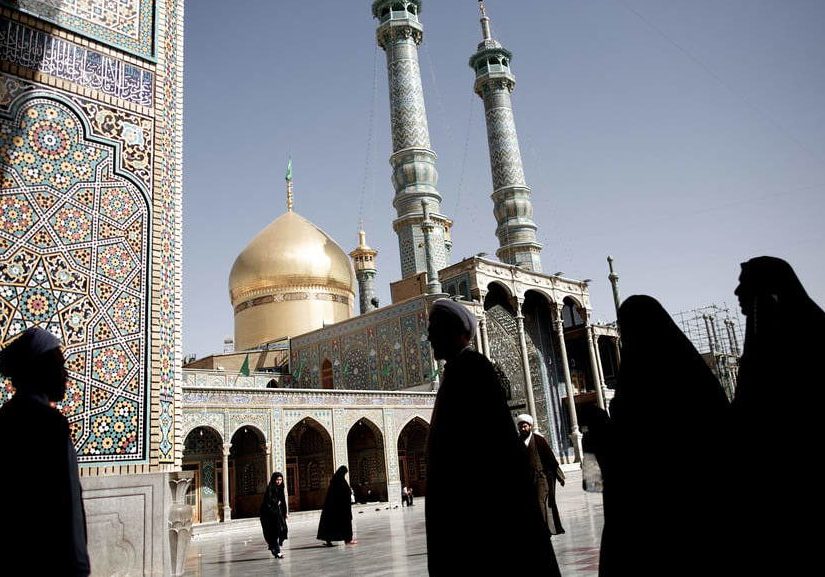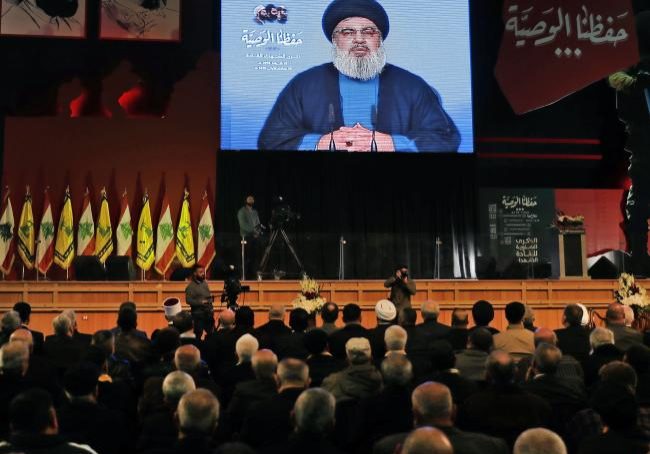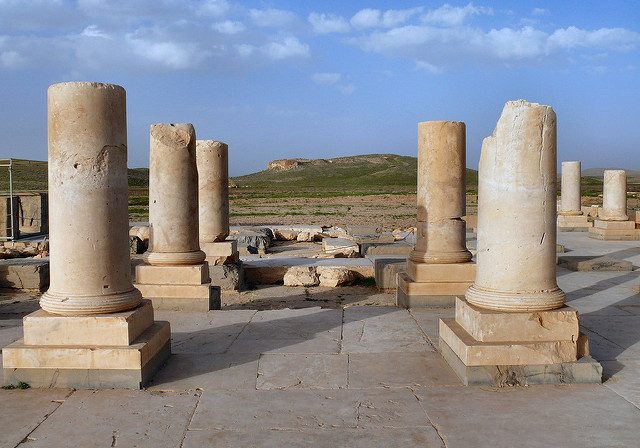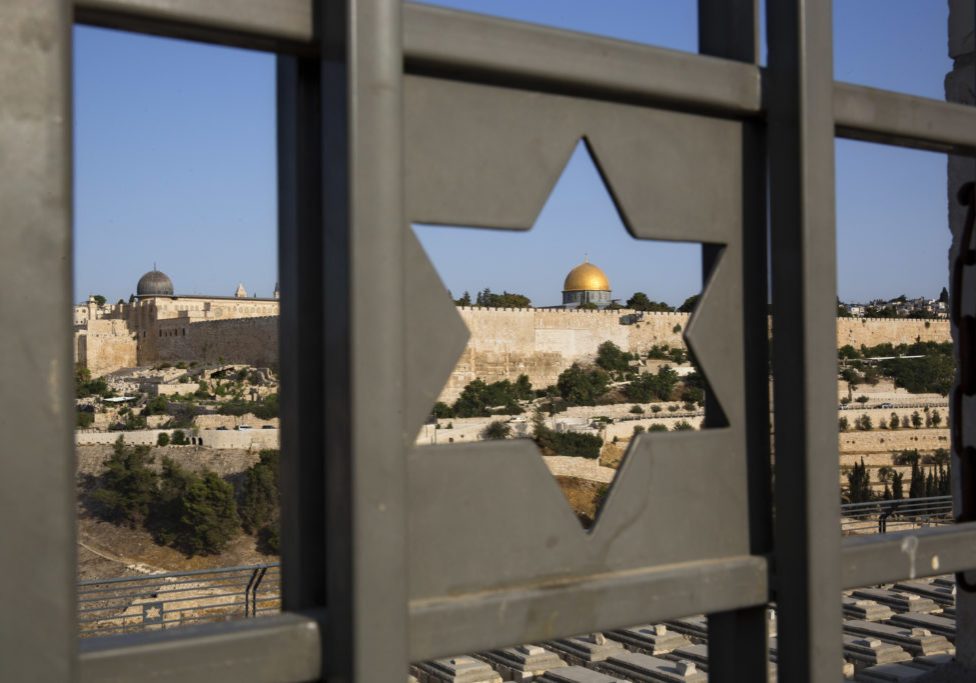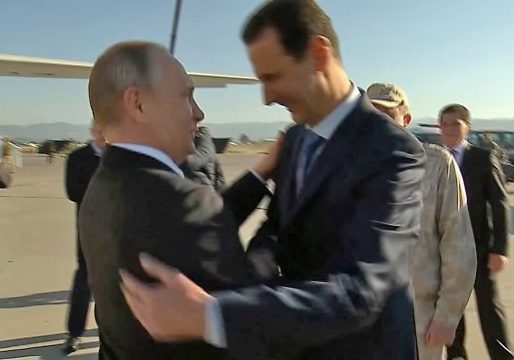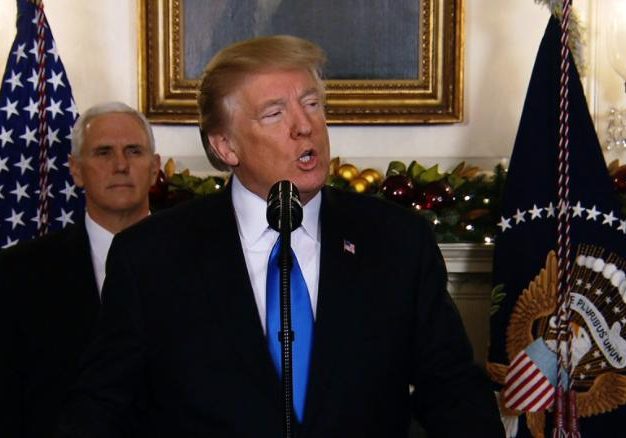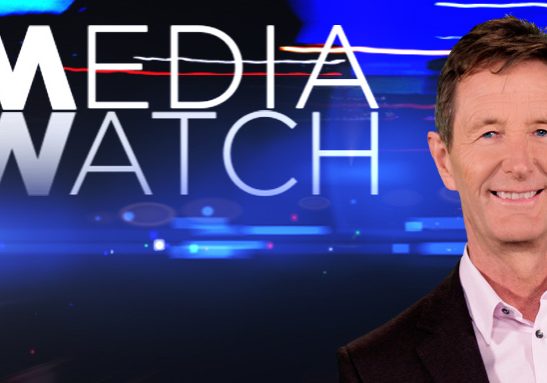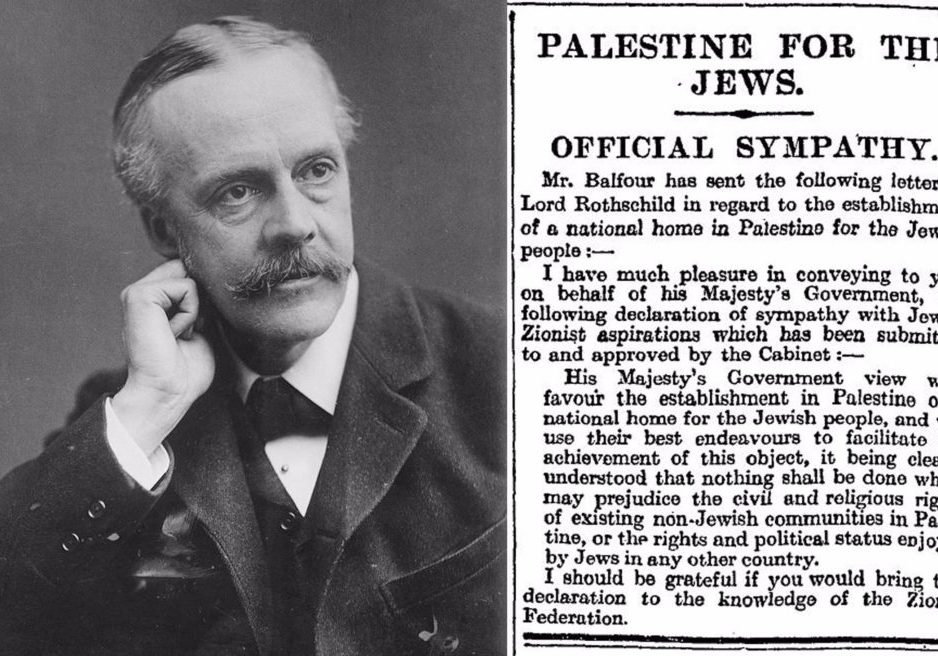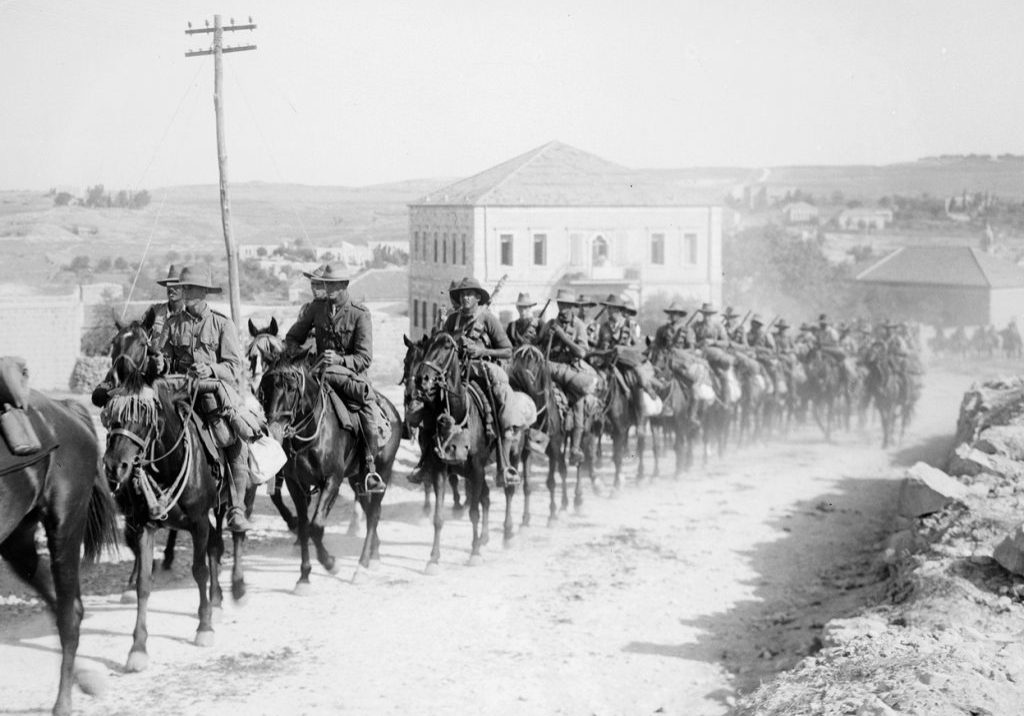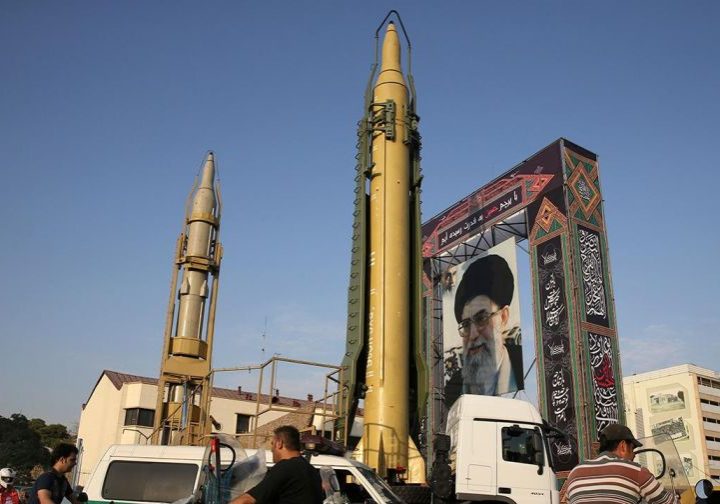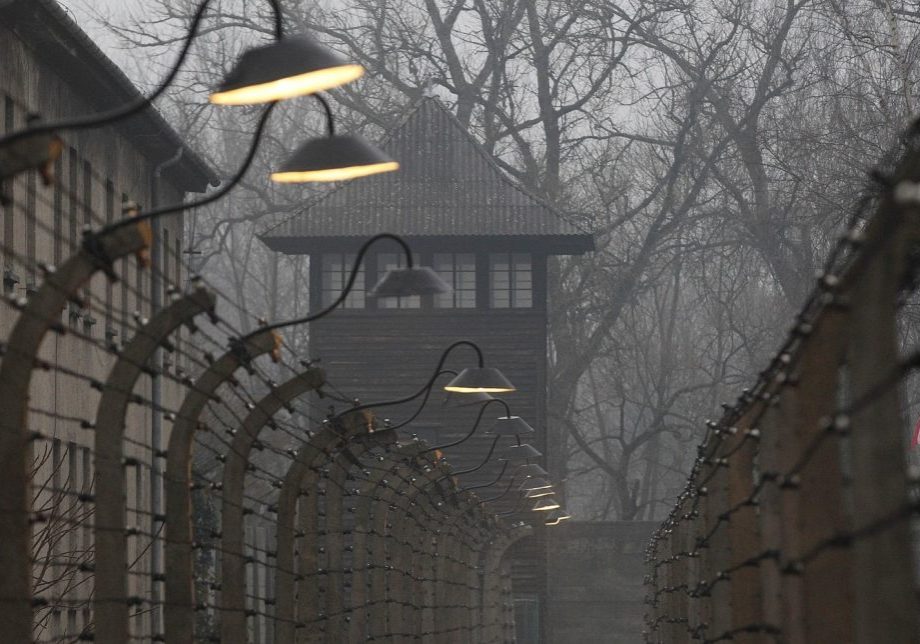
AIJAC writes to the Polish Ambassador concerning Poland’s controversial Holocaust Bill
February 6, 2018
AIJAC has written two separate letters to the Polish Ambassador regarding Poland’s controversial proposed new law regarding statements about the Holocaust.
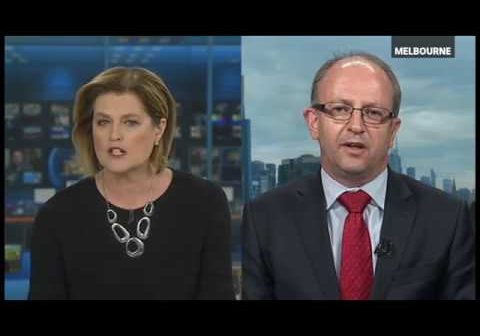
Video: Jamie Hyams on Prime Minister Turnbull’s visit to Israel and the Palestinian Authority
November 3, 2017
AIJAC’s Jamie Hyams appeared on ABC News24 on 2 November 2017, discussing Prime Minister Malcolm Turnbull’s visit to Israel and the Palestinian territories and barriers to a two-state peace.

